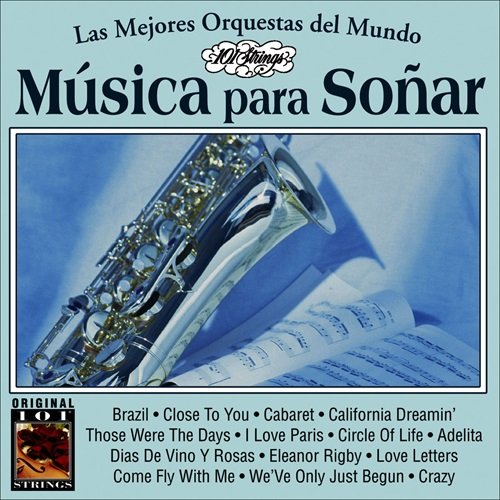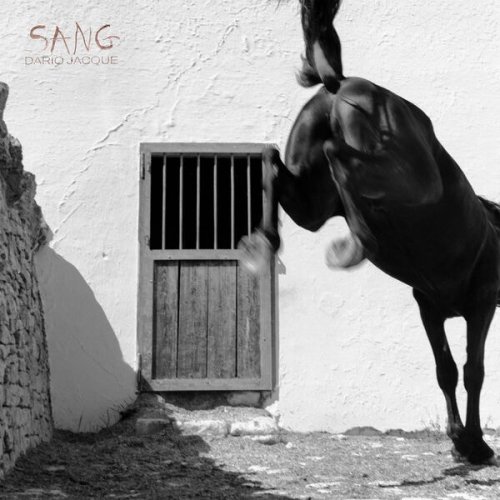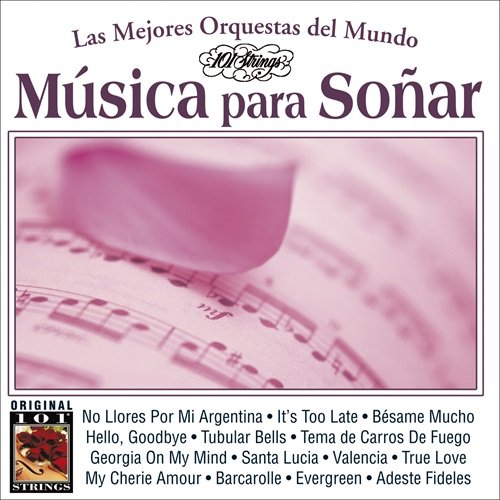Touch - Touch (Reissue, Remastered) (1969/2012)
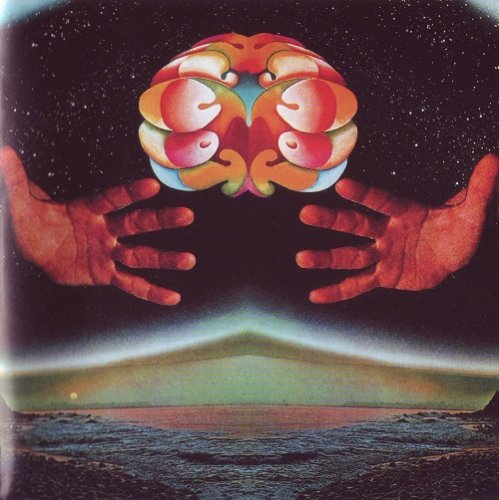
Artist: Touch
Title: Touch
Year Of Release: 1969/2012
Label: Esoteric Recordings
Genre: Psychedelic Rock, Prog Rock
Quality: Flac (image, .cue, log)
Total Time: 01:19:30
Total Size: 477 Mb (scans)
WebSite: Album Preview
Title: Touch
Year Of Release: 1969/2012
Label: Esoteric Recordings
Genre: Psychedelic Rock, Prog Rock
Quality: Flac (image, .cue, log)
Total Time: 01:19:30
Total Size: 477 Mb (scans)
WebSite: Album Preview
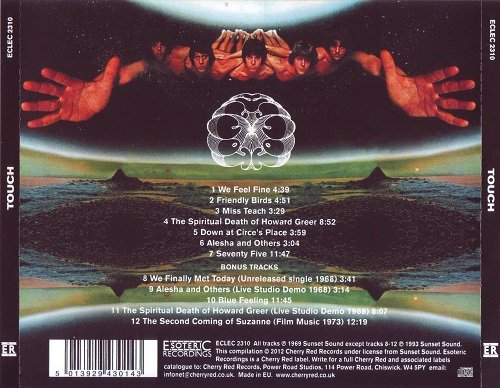
Tracklist:
1. We Feel Fine (4:41)
2. Friendly Birds (4:53)
3. Miss Teach (3:29)
4. The Spiritual Death of Howard Greer (8:52)
5. Down at Circe's Place (4:00)
6. Alesha and Others (3:05)
7. Seventy Five (11:12)
Bonus Tracks :
8. We Finally Met Today (Unreleased Single 1968) (3:43)
9. Alesha and Others (Live Studio Demo 1968) (3:17)
10. Blue Feeling (Studio Demo 1968) (11:46)
11. The Spiritual Death of Howard Greer (Live Studio Demo 1968) (8:07)
12. The Second Coming of Suzanne (Film Music 1973) (12:17)
Line-up::
John Bordonaro / drums
Don Gallucci / keyboards
Bruce Hauser / bass
Jeff Hawks / vocals
Joey Newman / guitars
Founded in Portland, USA in 1968 - Disbanded in 1969
TOUCH may have possibly been the first American progressive rock band, although there are counterclaims from supporters of equally neglected/forgotten United States Of America and now the hindsighted claims for ZAPPA & The MOTHERS OF INVENTION. However, (unlike USA and ZAPPA) on hearing much of TOUCH's small catalogue of progressive music one might be forgiven for saying it was influenced by the early British prog bands, but for the facts they were formed in the mid 60's and released their only complete album 'Touch' in early 1969 in the USA/mid 1969 in the UK. In other words their music, their ideas and their special album, predates CRIMSON's « In The Court » and the first RENAISSANCE album.
Lead by the former garage pop/rocker Don Gallucci, (inventor of the timeless Louie Louie keyboard riff in 1963 when 15, then with the Kingsmen), he brought together guitarist Joey Newman and vocalist Jeff Hawks into Don & The Goodtimes. With TV appearances, they had a pop hit « I Could Be So Good To You ». But exposed to more ambitious bands, such as JEFFERSON AIRPLANES and the BEATLES expanding the language of rock, and The GOODTIMES themselves increasing in their music maturity, Gallucci and Newman felt compelled to move away from the limitations of 3 minute pop songs. As a result the innovative, seminal and specifically, archetypal prog song, 75, was written in early 1967. Musically and name-wise Don & The Goodtimes metamorphosed into TOUCH, while their fans thought they looked and had gone weird. John Bordorano and Bruce Hauser were added on drums and bass respectively. By late 1967, (to quote the band) "they had freed themselves of musical suppression and had a release of pent up creativity resulted in a flood of new musical ideas, while hallucinogenic experiences and metaphysical philosophy had given those ideas shape". And also during the end of 1967/early 1968 they had recorded their eponymously titled album.
Praise for TOUCH's music came from many well known rock artists, e.g. Hendrix (who part bank rolled studio costs of the recording), and Mick Jagger. Glowing endorsements as to the influence of TOUCH have been made subsequently by Jon Anderson and Kerry Livgren - see the liner notes of the Renaissance Records reissue on CD. And the album as an import, was played heavily by the DJs in the London underground clubs - where future British prog stars relaxed in the early hours of the morning, after a hard days night gigging.
So why aren't TOUCH much better known, acknowledged as co-originators of prog as much as certain British bands? Partly the refusal of Don Gallucci to tour the album - due to the same problem the Pretty Things had with SF Sorrow, the impossibility of reproducing live what had been created in the studio. (Nobody as yet was hiking Moogs around on tour, and Theremins were about as electronically innovative as it went on stage). Also the main body of American rock musicians and fans followed a different agenda of "progression" away from psychedelia and blues rock, seemingly to have greater interests in developing various forms of straighter rock (soft and hard) - coming to the 'classical form' of prog rock a few years later, compared to their British cousins. Other early American proggers suffered the fate of obscurity, e.g. GYPSY. It needed Todd Rundgren and UTOPIA, to wake the USA up to homegrown talent to give the genre local popularity and more American sounding progressive rock. - TOUCH had been long forgotten in the short term memory of rock.
A handful of outtakes appeared both on the 1992 remastered/CD issue of 'Touch' (released by the San Diego based Renaissance Records - but not the reissue label of the same name under Sony's wings), and on a limited edition disc 'Buried Treasures' (again issued by Renaissance Records, with tracks by GRACIOUS and Texan rock blues band STRAY DOG).
In 1973 Gallucci and Newman wrote and recorded music for a film score, and only one piece was released, as part of the Buried Treasures disc. Alas TOUCH never came together again to record, Gallucci becoming a free lance record producer. But those of us who bought their album in the 60's retain that strong memory of a most adventurous and innovative band.
TOUCH may have possibly been the first American progressive rock band, although there are counterclaims from supporters of equally neglected/forgotten United States Of America and now the hindsighted claims for ZAPPA & The MOTHERS OF INVENTION. However, (unlike USA and ZAPPA) on hearing much of TOUCH's small catalogue of progressive music one might be forgiven for saying it was influenced by the early British prog bands, but for the facts they were formed in the mid 60's and released their only complete album 'Touch' in early 1969 in the USA/mid 1969 in the UK. In other words their music, their ideas and their special album, predates CRIMSON's « In The Court » and the first RENAISSANCE album.
Lead by the former garage pop/rocker Don Gallucci, (inventor of the timeless Louie Louie keyboard riff in 1963 when 15, then with the Kingsmen), he brought together guitarist Joey Newman and vocalist Jeff Hawks into Don & The Goodtimes. With TV appearances, they had a pop hit « I Could Be So Good To You ». But exposed to more ambitious bands, such as JEFFERSON AIRPLANES and the BEATLES expanding the language of rock, and The GOODTIMES themselves increasing in their music maturity, Gallucci and Newman felt compelled to move away from the limitations of 3 minute pop songs. As a result the innovative, seminal and specifically, archetypal prog song, 75, was written in early 1967. Musically and name-wise Don & The Goodtimes metamorphosed into TOUCH, while their fans thought they looked and had gone weird. John Bordorano and Bruce Hauser were added on drums and bass respectively. By late 1967, (to quote the band) "they had freed themselves of musical suppression and had a release of pent up creativity resulted in a flood of new musical ideas, while hallucinogenic experiences and metaphysical philosophy had given those ideas shape". And also during the end of 1967/early 1968 they had recorded their eponymously titled album.
Praise for TOUCH's music came from many well known rock artists, e.g. Hendrix (who part bank rolled studio costs of the recording), and Mick Jagger. Glowing endorsements as to the influence of TOUCH have been made subsequently by Jon Anderson and Kerry Livgren - see the liner notes of the Renaissance Records reissue on CD. And the album as an import, was played heavily by the DJs in the London underground clubs - where future British prog stars relaxed in the early hours of the morning, after a hard days night gigging.
So why aren't TOUCH much better known, acknowledged as co-originators of prog as much as certain British bands? Partly the refusal of Don Gallucci to tour the album - due to the same problem the Pretty Things had with SF Sorrow, the impossibility of reproducing live what had been created in the studio. (Nobody as yet was hiking Moogs around on tour, and Theremins were about as electronically innovative as it went on stage). Also the main body of American rock musicians and fans followed a different agenda of "progression" away from psychedelia and blues rock, seemingly to have greater interests in developing various forms of straighter rock (soft and hard) - coming to the 'classical form' of prog rock a few years later, compared to their British cousins. Other early American proggers suffered the fate of obscurity, e.g. GYPSY. It needed Todd Rundgren and UTOPIA, to wake the USA up to homegrown talent to give the genre local popularity and more American sounding progressive rock. - TOUCH had been long forgotten in the short term memory of rock.
A handful of outtakes appeared both on the 1992 remastered/CD issue of 'Touch' (released by the San Diego based Renaissance Records - but not the reissue label of the same name under Sony's wings), and on a limited edition disc 'Buried Treasures' (again issued by Renaissance Records, with tracks by GRACIOUS and Texan rock blues band STRAY DOG).
In 1973 Gallucci and Newman wrote and recorded music for a film score, and only one piece was released, as part of the Buried Treasures disc. Alas TOUCH never came together again to record, Gallucci becoming a free lance record producer. But those of us who bought their album in the 60's retain that strong memory of a most adventurous and innovative band.
![Arti & Mestieri - D-Brane [Blu-Spec CD] (2025) Arti & Mestieri - D-Brane [Blu-Spec CD] (2025)](https://www.dibpic.com/uploads/posts/2026-02/1770627659_r-35759971-1766638983-3381.jpg)
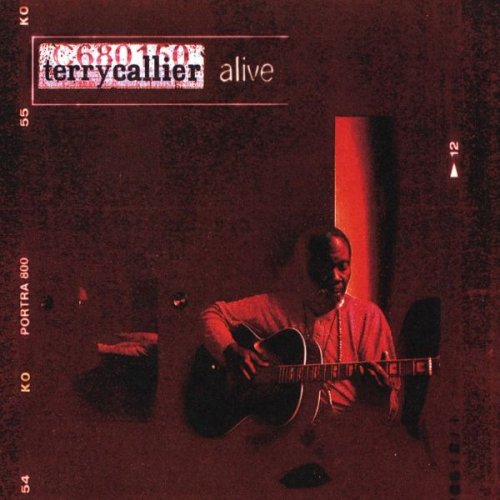
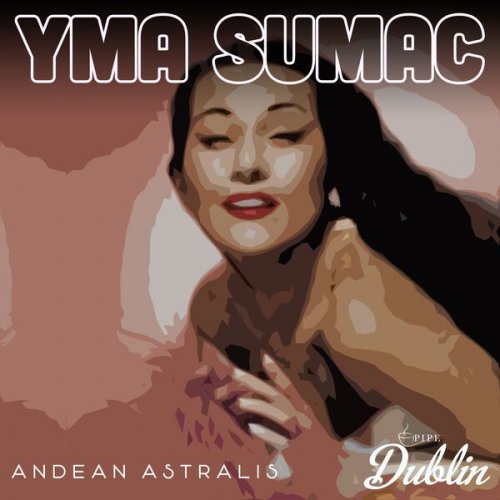
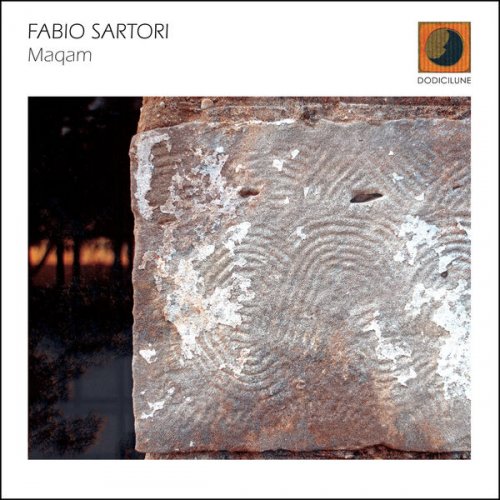
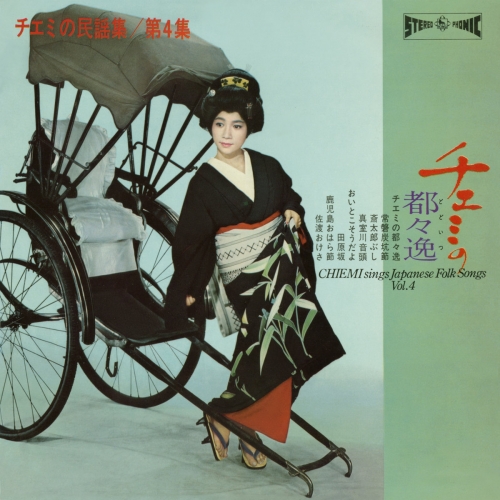
![Angelo Moore - The Medicine Cabinet (2026) [Hi-Res] Angelo Moore - The Medicine Cabinet (2026) [Hi-Res]](https://www.dibpic.com/uploads/posts/2026-02/1770633721_61lemna6xtl.jpg)
